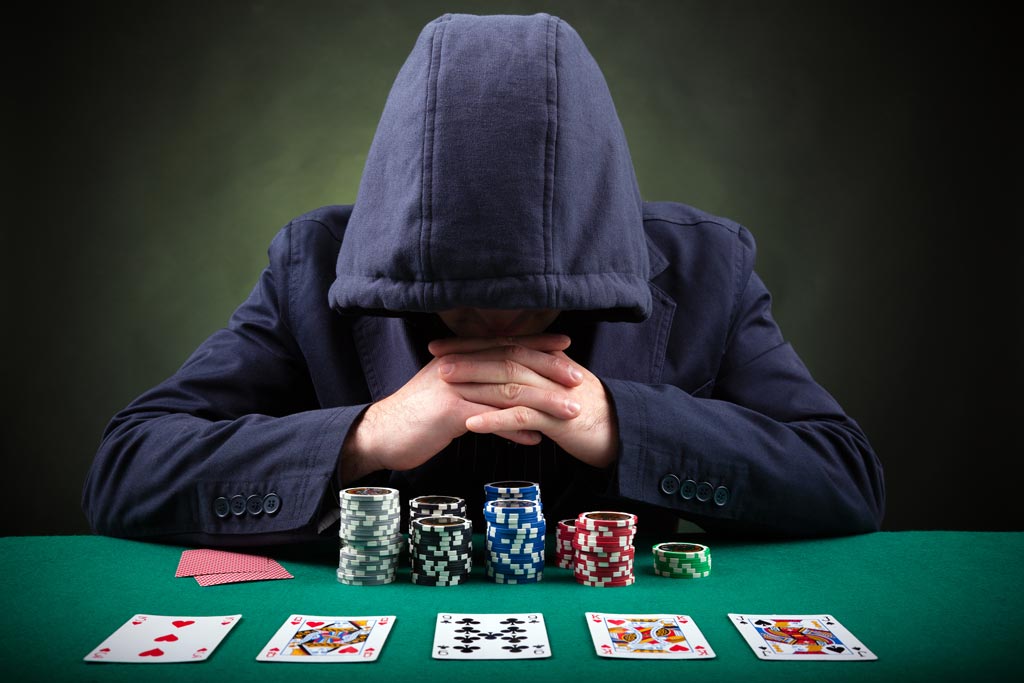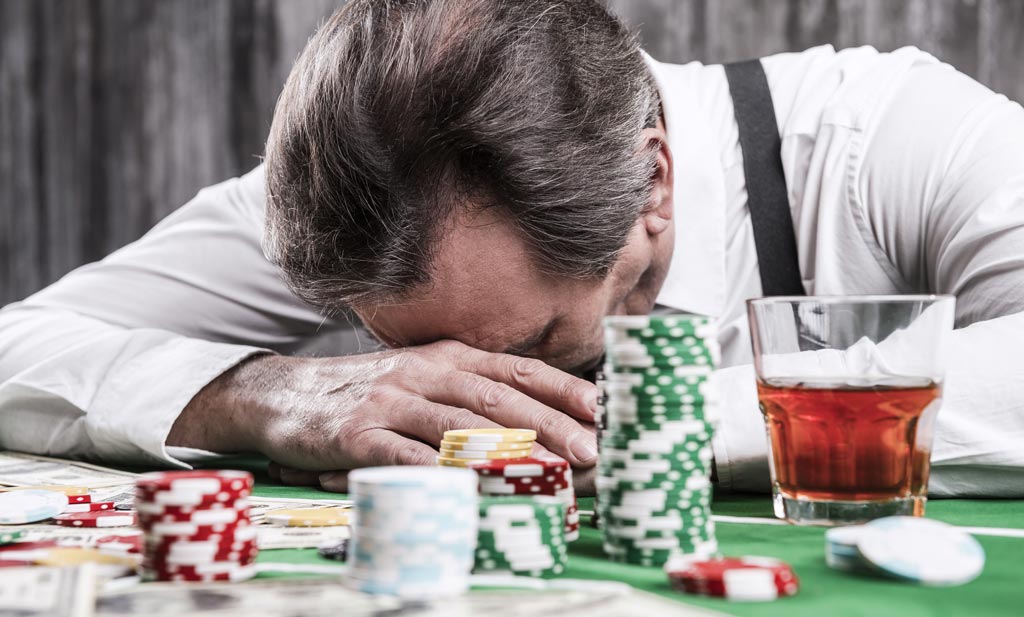How is a Gambling Problem Treated?
A gambling issue can be treated if the person affected reaches out to get gambling addiction help. The three main treatments are medication, psychotherapy, and support groups. Every individual is different, and thus, different treatments may work for different people.
If a gambling issue is in conjunction with another mental illness, it may help to try to treat the other mental illness. Sometimes, gambling acts as a symptom of a larger issue, and if the larger issue is treated, gambling will automatically be treated too.
Another thing that may help is cognitive-behavioral therapy. CBT can help people identify their patterns, so if someone figures out why they gamble, they can replace gambling with healthier coping mechanisms.
The Department of Mental Health & Substance Abuse Services outlines what Problem Gambling Programs entail in terms of treatment. You must be wondering, “Is my treatment covered by insurance?” Well, it depends, but most of the time, yes. For further details, you can go through these additional treatment services related to compulsive gambling. They include gambling hotlines and resources, compiled by the Missouri Department of Mental Health.
Beyond the Financial Consequences of Problem Gambling
Gambling doesn’t just take away your money from you. There are a lot more long-lasting consequences, not just financial loss.
Emotional Stress and Mood Disorders
Gambling can toy with your emotions. You can experience happiness, sadness, anger, joy, guilt, euphoria, devastation, and satisfaction, all in one day of gambling. People tend to develop anger management issues due to the amount of annoyance, irritation, and stress they go through.
Social Relationship Difficulties
Family support for problem gamblers is very important, but often, people become so engulfed in their gambling that they forget to pay attention to their loved ones in their life. Frequently, they may lose a job or go through a breakup because they are preoccupied with gambling. Family may be neglected and therefore at an arm’s length. Fixing this isn’t difficult, but it requires perseverance and gambling addiction help, which you can find at Emerald Isle Health & Recovery.
Risk Factors for Gambling Addiction
While the demographics of gambling addiction do not discriminate, some people are more predisposed to forming a gambling addiction than others.
24 Hour Mental Health Hotline
Mental Illnesses
People with anxiety, depression, personality disorders, substance use disorders, bipolar disorder, ADHD, and OCD are more likely to struggle with a gambling addiction.
Sex and Age
Gambling is seen more commonly amongst males than in females, although the gap is reducing. Middle-aged and younger people are more likely to gamble.
Social Influence
If you have a friend or a family member who gambles, there’s a good chance that you may also gamble. The problem is when it spirals out of control, which is when you need gambling addiction help.
Personality Traits
Some personality characteristics, such as being a workaholic, are more likely to aid in the development of gambling addiction. Other traits include being competitive, restless, impulsive, and easily bored.
Certain Medications
Although it’s quite rare, some drugs have side effects that can possibly result in compulsive behaviors. Medications for restless leg syndrome and Parkinson’s disease are two examples of such drugs.



